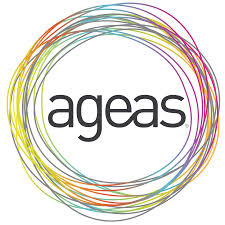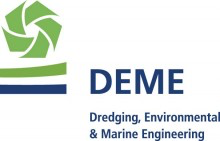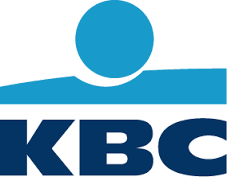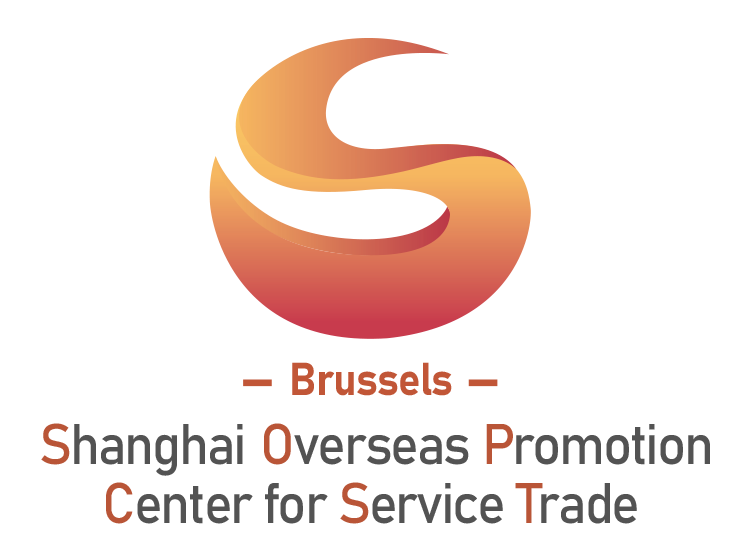EU-China investment agreement still expected to be signed before year-end
December 22, 2020 Category ![]() Foreign trade, Weekly
Foreign trade, Weekly
According to the China Daily, the anticipated signing of the long-awaited Comprehensive Agreement on Investment (CAI) between China and the European Union will secure open and fair markets for both sides, while building a solid foundation for productive future engagements, quoting interviews with European business leaders. The two sides are believed to have made “positive progress” during the 35th round of CAI negotiations. The talks focused on remaining issues, including text and lists. China and the EU have held 10 rounds of CAI talks this year, according to the Ministry of Commerce (MOFCOM). The teams from both sides will continue their efforts to achieve the negotiation’s goal – to reach the CAI by 2020 – Ministry Spokesman Gao Feng said last week. The recent signing of the Regional Comprehensive Economic Partnership (RCEP) is expected to boost trade and investment activities within the Asia-Pacific region. Similarly, a China-EU CAI will make China a vital trading destination and create more opportunities for companies from Asia and Europe, as well as support the growth of the Belt and Road Initiative, said Zhang Jianping, Director General of the Beijing-based China Center for Regional Economic Cooperation.
Schott, a German producer of specialty glass and a supplier of pharmaceutical packaging, believes that both regions can benefit from better free trade deals. “We are looking forward to the early signing of the CAI, and we have already talked to many of our customers in China to convey that we are in support of building a closer relationship,” said Frank Heinricht, CEO and Chairman of the Board of Schott. “I am definitely positive about the outlook, and I think that Europe and China are coming close to each other,” he said, adding that the company has invested €320 million globally in its 2020 fiscal year, mostly to expand production capacity in China.
China’s early recovery from the Covid-19 pandemic, rebounding consumption levels, and the efficient resumption of production have helped global companies in China to remain viable and profitable compared with other parts of the world, said Julien Hueber, Executive Vice President of the Industry Solution and Project Business Group at Nexans, a French cable manufacturer. “Our strategic focus is to base ourselves in China and cover the whole Asia-Pacific region. China’s business environment is continuously improving, especially its performance in the prevention and control of the pandemic has boosted our confidence and enhanced China-EU business ties via the accelerated pace of CAI talks,” he said. Supported by two manufacturing bases in Jiangsu and Shandong provinces, Hueber said the company will keep adding investment in China.
Thanks to the complementary industrial structures between China and the EU, and booming China-Europe freight train services, China replaced the United States as the EU’s largest trading partner in the third quarter, reflecting the resilience and potential of bilateral economic and trade ties, China’s Foreign Ministry said earlier this month. China’s foreign trade with the EU jumped by 4.7% on a yearly basis to CNY4.05 trillion during the first 11 months of this year, according to the General Administration of China Customs (GACC), the China Daily reports.
But according to the South China Morning Post, although China’s relationship with the European Union is set to get a much-needed boost as the CAI is signed, it is unlikely to lead to a softening of Brussels’ stance on Beijing. According to people with knowledge of the talks, the CAI has won widespread but conditional backing from most EU member states. The European Commission has secured breakthroughs, with China agreeing to further open up its markets to European firms, and has also demanded Beijing make a commitment to ending the use of forced labor, the sources said. China’s traditionally trade-driven relations with the EU worsened after the EC last year referred to Beijing as a systemic rival for the first time. According to sources, China has made concessions on sectors like financial services, manufacturing and property. In return, China secured the EU’s agreement to open up its renewable energy sector to Chinese investment, a clause that drew opposition from some Eastern European member states like Poland and Lithuania. Jiang Feng, a European Affairs Professor at Shanghai International Studies University, said the China-EU negotiations showed the importance of making compromises, adding that the deal would benefit the world economy. Song Luzheng, Research Associate at Fudan University’s China Institute, said that “by agreeing to an investment deal with China, the EU is showing Washington that it needs to do more to draw Brussels into its camp, while China is showing the U.S. that China can rise up to the challenge from the U.S. by stabilizing ties with the EU”.
- KURT VANDEPUTTE (UMICORE) APPOINTED CHAIRMAN OF THE BOARD OF THE FLANDERS-CHINA CHAMBER OF COMMERCE (FCCC)
- Webinar: “Knowing Your Chinese Partner” – May 26, 2021, 10 am – 12 am
- EMA starts rolling review of CoronaVac, WHO approves Sinopharm vaccine for emergency use
- The Global Times warns not to politicize the Comprehensive Agreement on Investment (CAI)
- Hainan to become biggest duty-free market in the world





























